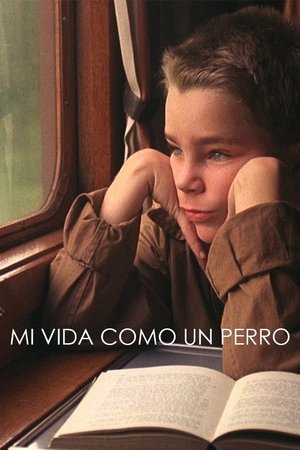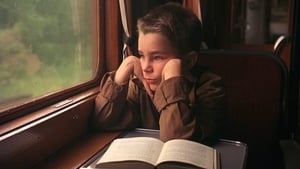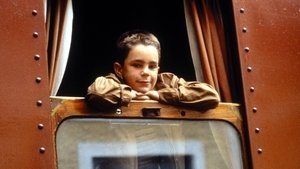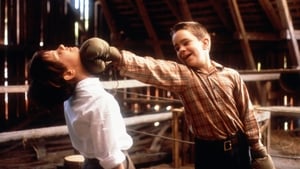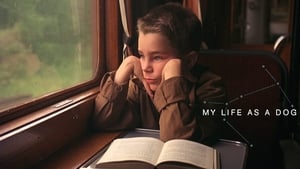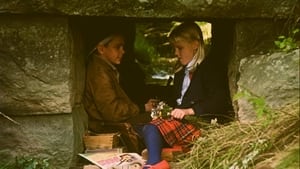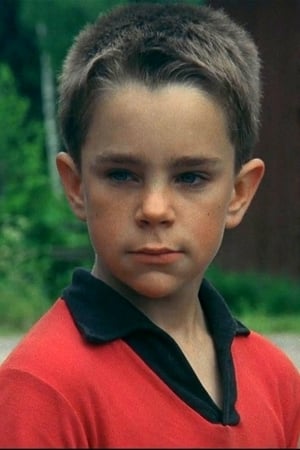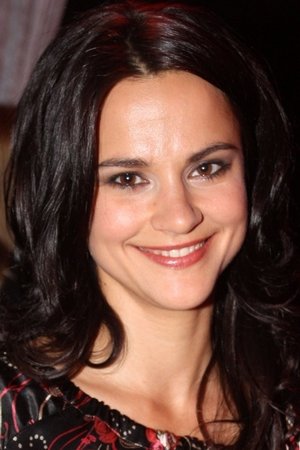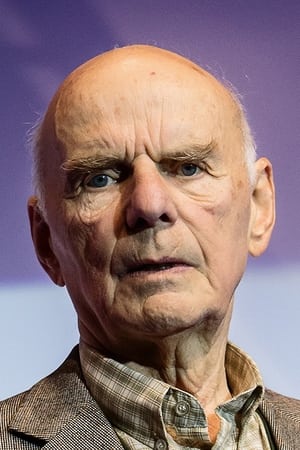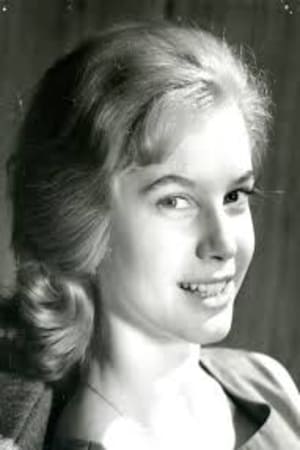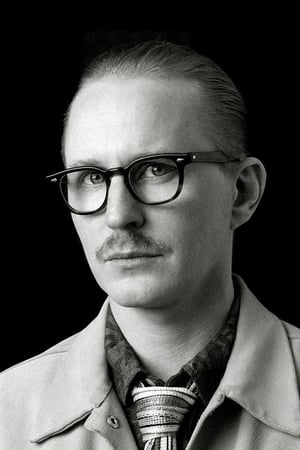-
Filipe Manuel Neto
**An exceptionally well-made film about an ordinary boy experiencing things common to almost all boys his age.** I don't have much experience with Swedish cinema, but what I saw already showed me that it is quality cinema, so it was with some curiosity that I sat down for another film. It centers on a boy, Ingemar, who lives with his brother and mother, who is very sick and unable to control their restlessness. When she dies, the two brothers are separated and Ingemar goes to live with his uncles, who have no children but seem genuinely interested in providing him with a good education. So, it's just another film about growing up, maturing, adolescence, discovering the body and feelings. We've seen a lot of similar things, there's no denying it. Therefore, the film may not be the most interesting for those who do not like this more intimate genre of cinema. Directed by Lasse Hallstrom, the film bets on minimalism, naturalness and realism: there is nothing flashy or far-fetched, the sets, costumes, environments and situations taking place are credible, recognizable. The cinematography is very good, it makes clever use of light and framing and the soundtrack is atmospheric, if not exactly memorable. The actors, on the other hand, are quite convincing, and the fact that I don't know them (I'm not an expert on Swedish cinema, I repeat) helps to make their effort even more credible. The biggest problem with this film, therefore, turns out to be its excess of normality and an excessive normalization of things. I don't know how many people are open to seeing a film about the life of an ordinary boy doing ordinary things and experiencing things that all of us, in one way or another, experienced, without anything extraordinary to justify it. It's a minor problem, but it turns out to be the film's biggest problem, and perhaps the reason why it didn't win more audiences (besides the language barrier, because in many places subtitled cinema is not the first choice of viewers).
please Login to add review
